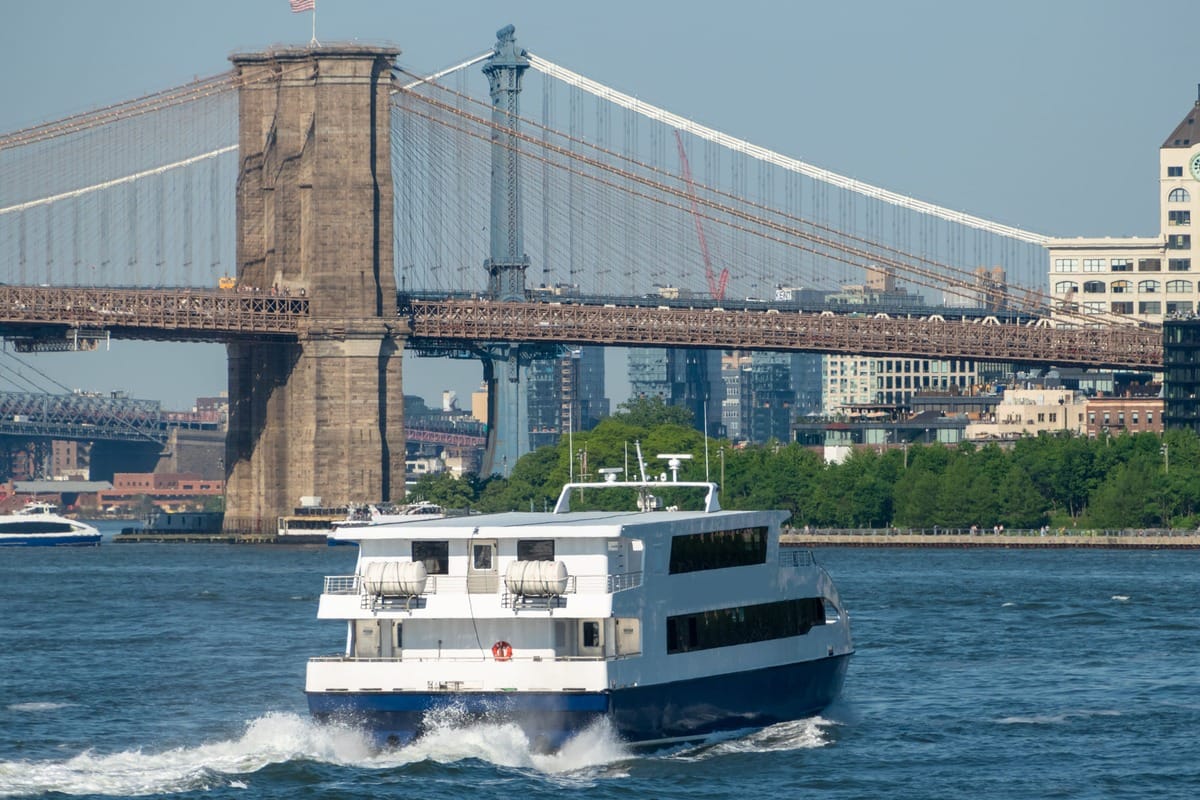The Board of Directors of the World Shipping Council (WSC) has elected Soren Toft, CEO of Switzerland’s heavyweight Mediterranean Shipping Company (MSC), as the new Chair of the WSC Council Board,
The Board of Directors of the World Shipping Council (WSC) has elected Soren Toft, CEO of Switzerland’s heavyweight Mediterranean Shipping Company (MSC), as the new Chair of the WSC Council Board, and Randy Chen, Vice Chairman of Taiwan’s shipping major Wan Hai Lines, as Vice Chair.

As disclosed, Toft and Chen are set to serve a two-year term, effective immediately. The new Chair and Vice Chair succeeded Rolf Habben Jansen, CEO of Germany’s Hapag-Lloyd, and Jeremy Nixon, CEO of Singapore’s Ocean Network Express (ONE), who have served as co-Chairs of the WSC boards for two terms, starting in November 2020.
Reflecting on the development, Joe Kramek, WSC President and CEO, shared: “I am looking forward to working with Soren Toft and Randy Chen in their new roles. Both are esteemed leaders with a proven track record of driving innovation and sustainability in the global shipping industry. Their experience and expertise will be instrumental in continuing to develop the World Shipping Council as the united voice of liner shipping.”
“I also extend my sincere gratitude to Rolf Habben Jansen and Jeremy Nixon for their exceptional leadership over the past four years, during a critical time for the industry and WSC. Their commitment has been instrumental in the Council’s growth and development, strengthening its representation internationally and extending its scope of work,” Kramek added.
As explained, Toft has been CEO of MSC since December 2020, where he oversaw the company’s global cargo businesses, including the ocean liner MSC, the logistics activities of MEDLOG, the MSC air cargo planes, and the towage activities of MedTug and Log-in Logistica, among others. Before he was welcomed by MSC, he served as the Chief Operating Officer and Member of the Executive Board of Denmark’s A.P. Møller – Mærsk where he served from 1994.
Speaking about his latest appointment, Toft said, “It is an honor to step into the role of Chair for the World Shipping Council and to represent the global liner shipping industry alongside our members. WSC is today a respected voice of liner shipping, engaging with governments and organizations globally.“
Chen has reportedly been responsible for the international business development functions at Wan Hai Lines across ‘diverse’ departments, including joint-venture efforts with other lines, long-term investments, port/terminal and investor relations.
As understood, he served on Wan Hai Lines’ Board of Directors since 2002. Before taking that seat, he acted as a management team member of the Central Trading & Development Group, a Taiwan-based investor group with extensive infrastructure and real estate holdings in Vietnam.
WSC through the 2024 looking glass
Beyond internal, i.e. organizational, winds of change, the year 2024 was also marked by WSC’s advocacy for a ‘smoother’ and ‘faster’ path toward maritime decarbonization as the industry gets ever closer to its climate neutrality targets.
Specifically, in April 2024, WSC called on the European Union (EU) to craft such policy frameworks that could facilitate the ‘pivotal’ role of shipping in a globally connected economy and to work in tandem with the industry on the path to net-zero shipping by 2050.
The organization’s recommendations for the 2024-2029 legislative term were: securing ‘effective’ greenhouse gas (GHG) emission reduction regulations and the implementation of the Green Deal to ‘bolster’ the production of renewable marine fuels; increasing endeavors to secure maritime supply chains and ensure the safety of seafarers and the resilience of trade routes against illicit trafficking and geopolitical risks; and minimizing customs and administrative barriers for a ‘streamlined trade to boost Europe’s competitiveness.
Related Article
-
WSC urges EU to work with industry on shipping’s net-zero journey
Regulation & Policy
In August, WSC further developed its Green Balance Mechanism, a regulatory measure that intends to bridge the (clean) fuels price gap, making sustainable fuels competitive with fossil fuels. More precisely, the Green Balance Mechanism is envisioned as a system that allocates funds collected from higher GHG-intensity to lower GHG-intensity fuels, which is expected to help carriers operate competitively on green fuels.
Content Original Link:
" target="_blank">


























































